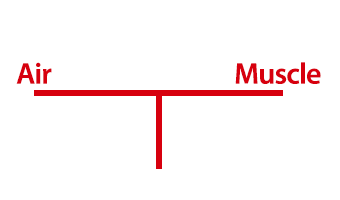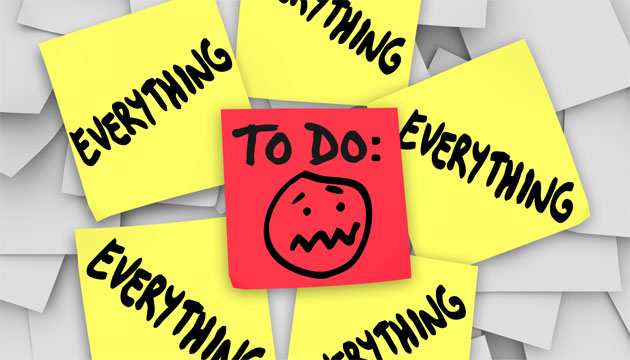
Are you holding yourself back from contacting people because you’re worried about being judged, and possibly rejected?. This can happen in your personal life of course, and If you provide a service it’s easy to feel you need to try and sell to everyone. However – you just cannot please everyone. You need to think about who you really want to connect with and why.
Why do you want to connect with the people you are contacting (or thinking about contacting)? Most likely it’s because you want to share information that you believe will resonate with them, especially if they have a) been a client of yours in the past, b) are currently a client or c) have reached out to you with an enquiry about your field of expertise. So you are contacting people who have some interest in the subject matter that you cover.
I create and send out my newsletter to share thoughts with past, present and potential clients and hope that you will find some worth in it. Even if you never come back as a client or become a new client, I want you to feel that receiving my newsletter has added value to your life in some way – helped you with a vocal issue or made you rethink a more general issue.
Don’t underestimate the value of the information you have to offer. We often feel that because we know it, everyone else will as well. That we are stating the obvious. Not necessarily – many times I’ve had people tell me that the content of my newsletters has made them think, brought something to their attention, made them see things in a different light.
So take the chance – if you believe you have something valuable to say, and that it will help the recipients in some way, go for it. And I’ll continue to do the same.
PS on that note – if there are any issues that you think would help singers in any way, either from a technical point of view or from a broader angles, and you would like me to address them in this blog, please put them in the comments below.











